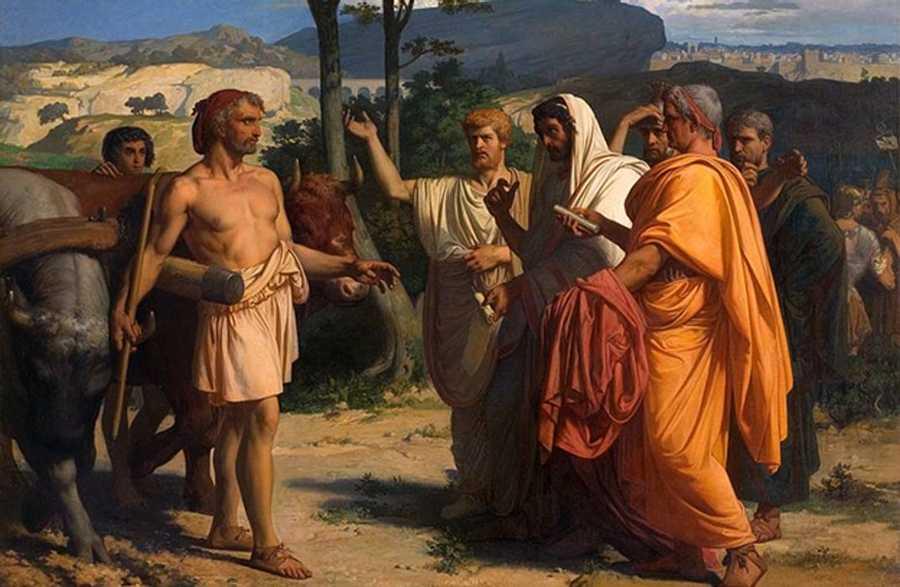The Concept of Voluntary Poverty
Curated from: theschooloflife.com
Ideas, facts & insights covering these topics:
3 ideas
·828 reads
5
Explore the World's Best Ideas
Join today and uncover 100+ curated journeys from 50+ topics. Unlock access to our mobile app with extensive features.
The Never-Ending Anxiety Of Making Money
Modern life is filled with the never-ending anxiety of making money. Our approach right from the school days is to earn money and accumulate the things required in society.
It is a powerful cultural force that makes us accumulate stuff, and is not as practical as it is emotionally and psychologically significant. A failure to make money is considered irresponsible, and a poor person who is not earning is shunned in today’s society.
31
309 reads
Voluntary Poverty: Forgoing The Pursuit Of Wealth
History shows us plenty of examples of people pursuing goals that are not towards earning wealth.
The Roman statesman Lucius Quinctius Cincinnatus had a successful public career but made no money, even though he came from an impoverished family. There are many such examples from India, where learned and creative individuals chose to live an impoverished life.
29
281 reads
Our Preoccupation With Money
Chasing money is in a way proof that one hasn’t found the real reason for being alive. We haven’t identified a passion that could replace the concept of earning a livelihood from our minds. Wealth is tied to prestige, respect and social status and the thought of becoming untethered from our ‘network’ is a thought akin to dying.
If we focus our lives on what matters to us authentically, then we will fall out of this romance with dollar bills, and get into our passions, which require little or no money.
36
238 reads
IDEAS CURATED BY
Summer S.'s ideas are part of this journey:
Learn more about moneyandinvestments with this collection
How to create a productive environment
The importance of self-care in productivity
How to avoid distractions
Related collections
Similar ideas
3 ideas
A More Spontaneous Life
theschooloflife.com
6 ideas
Six Ideas from Western Philosophy
theschooloflife.com
4 ideas
Trauma and Fearfulness
theschooloflife.com
Read & Learn
20x Faster
without
deepstash
with
deepstash
with
deepstash
Personalized microlearning
—
100+ Learning Journeys
—
Access to 200,000+ ideas
—
Access to the mobile app
—
Unlimited idea saving
—
—
Unlimited history
—
—
Unlimited listening to ideas
—
—
Downloading & offline access
—
—
Supercharge your mind with one idea per day
Enter your email and spend 1 minute every day to learn something new.
I agree to receive email updates


